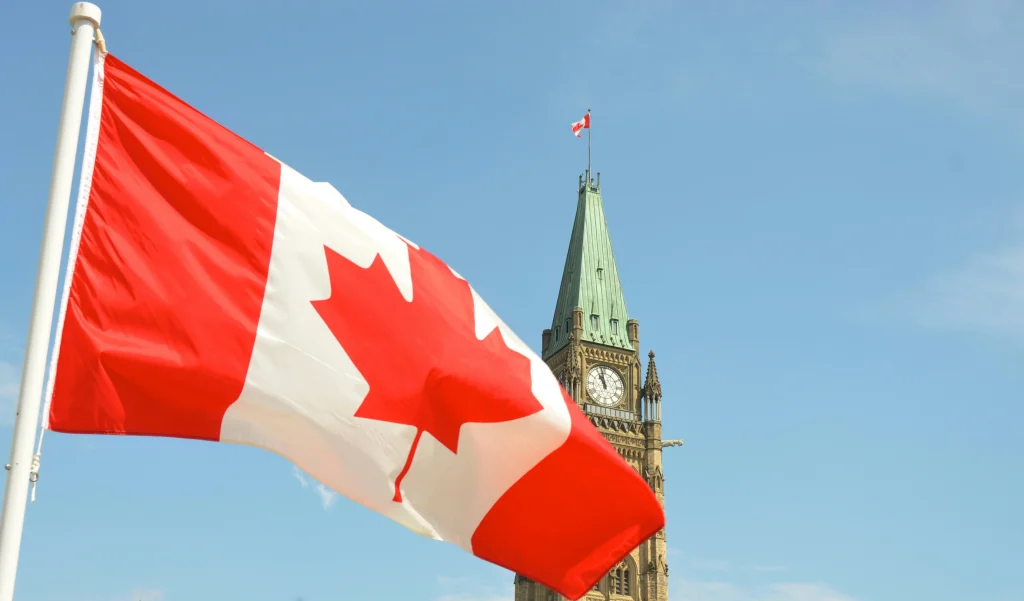Canadian Health Insurance, Immigration, And Permanent Resident
This article reviews the important details you should know if you intend to relocate to Canada as a permanent resident. We’ll discuss some of the initial steps you should take as a permanent resident when you arrive in Canada in this article. One of which is obtaining health insurance. Understanding the Canadian immigration and permanent resident health insurance system is a must.
Canadian Health Insurance Card
Obtaining Canadian health insurance cards for each member of your family should be your top priority as soon as you arrive. Numerous locations, such as pharmacies and doctor’s offices, offer applications. With the help of these cards, you can access the following services through the Canadian health insurance program:
- Doctors’ examinations and treatments, as well as those of most specialists
- A variety of surgeries
- Being admitted to a hospital
- Laboratory testing and X-rays
- Vaccinations
The taxes you will be paying as a working permanent resident of Canada will pay for these services, so you won’t have to pay for them.
As soon as you apply, you can have medical coverage in the majority of Canadian provinces. However, in British Columbia, Ontario, Quebec, and New Brunswick, you have to wait three months after the date of your application for your coverage to start. Private businesses offer short-term health insurance in the meantime.
It would be a good idea to enquire about the health coverage alternatives offered by possible employers. Prescription medicine and dental care costs are covered by supplemental health insurance benefits that are offered by many businesses.
Canadian Permanent Resident Social Insurance Number
To work in Canada, you must first obtain a Social Insurance Number (SIN). As a permanent resident of Canada, you can use this 9-digit number to verify that you are paying taxes that fund the social benefits to which you are entitled. If you are a U.S. citizen with dual citizenship you will need to submit an IRS Form 6166 containing an IRS From 6166 Apostille at the end of the tax year.
You must fill out an application in person at a Human Resources and Skills Development (HRSD) office in your area in order to apply for a SIN. In order to verify your identification and residency status, you should also provide your Permanent Resident card. You will receive your card in approximately three weeks after paying the $10 application fee. It is possible for you to start working prior to receiving your SIN card. Just give your employer documentation proving you submitted an application.
Seeking Employment in Canada
You should, for the most part, start looking for work right away. Before you file for permanent residence status, you might already have a job set up, but it’s more likely that you won’t have one when you first get here. Many potential employers will require a Royal Canadian Mounted Police (RCMP) criminal records check as part of their hiring process. This document will require a Royal Canadian Mounted Police (RCMP) Criminal Records Check Apostille, specifically if you will be working outside Canadian borders.
Depending on the kind of job you’re looking for, you might have to apply for authorization before you can work in that field. Certain professions are categorized as regulated fields in Canada. Teachers, physicians, and attorneys are among these professions. You will need to get in touch with the regulatory agency in the province where you plan to work in order to secure employment in these fields. Provincial laws differ from one another.
After reviewing your background and credentials, the regulatory board will have to determine whether you will still need to take additional steps to meet their requirements.
Certain trades, like plumbing and carpentry, are also said to be regulated. Therefore, before attempting to work in certain industries, be sure you have the necessary licensing. Red Seal Trades include plumbing, carpentry, and forty-three other vocations. This suggests that all provinces have the same laws governing that trade. As a result, you can perform that kind of work in New Brunswick without having to undergo another evaluation if you hold a welding license from Quebec.
For conclusion
The good news is that most jobs in Canada are unregulated, so you can start looking for work in your profession as soon as you get here. One of the best ways to find a position in Canada is to use the Job Bank Service. This online site allows you to post up to 3 employee profiles that can be viewed by employers. You can also view postings placed by employers throughout Canada. The daily newspapers in all of the provinces also include job listings.

